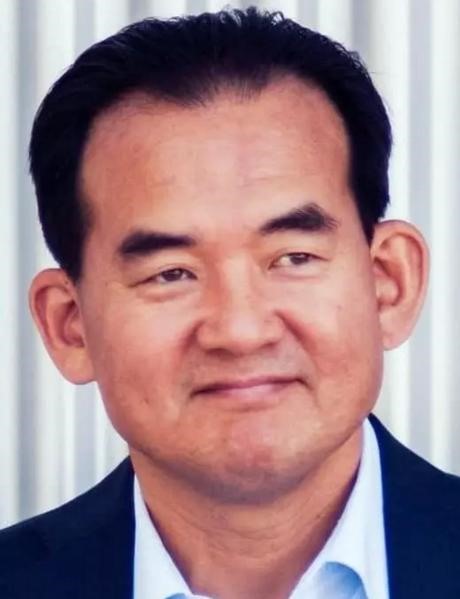 Economy
Economy

Việt Nam News reporter Phương Uyên talks to Gibs S. Song, a partner at California-based venture capital company Big Basin Capital and start-up investor in Việt Nam, about the key to the country’s start-up development and the possibility of a venture capital investment system.
 |
| Gibs S. Song, Partner at California-based venture capital company Big Basin Capital. |
Last year marked an important milestone in the Vietnamese start-up community, featuring Government Scheme 844 towards a national innovation ecosystem by 2025, with attention from investors and the State as well. However, most local start-ups are in their early stages with limited capacity and capital-related obstacles.
Việt Nam News reporter Phương Uyên talks to Gibs S. Song, a partner at California-based venture capital company Big Basin Capital and start-up investor in Việt Nam, about the key to the country’s start-up development and the possibility of a venture capital investment system.
Why did you decide to come to Việt Nam as an investor?
After I retired from my long-time employment at Samsung Electronics Co., I became an angel investor, and later I joined a fund as an institutional investor.
I wanted to move to a different country, and among all the countries I have visited, I found Việt Nam to be very intriguing, with a lot of potential and interesting people.
I have been investing in the hospital business and a couple of other manufacturing businesses. I also work with the MIT-5, a group of five people who graduated from the Massachusetts Institute of Technology (MIT) in Việt Nam, whose mission is to help Vietnamese young people become more entrepreneurial on a voluntary basis. As such, I have engaged with many start-ups here, and invested in a couple of them.
What are your thoughts on the Vietnamese start-up ecosystem?
I think you still have a long way to go, compared to Silicon Valley, but it is growing and improving daily. The first time I came to a Vietnam Silicon Valley event, the quality of idea pitches was not that great, the organisation was not structured, but recently there have been improvements, with many female business representatives. I like that there is diversity, which is important for a good start-up ecosystem. I believe there is support from the Ministry of Science and Technology and from the Government, which is also very important.
I would also like to see more academia involved, and some successful businessmen acting as financial investors to help these new entrepreneurs. This is what has been happening in Silicon Valley, with people like Sergey Brin or Larry Page setting aside some of their income for a start-up aid-fund.
With a mix of support from the Government, wealthy people and academia, all come together doing their part, there should be a healthy ecosystem soon.
What is your opinion on the lack of capital for start-ups in Việt Nam? Do you believe venture capitalists and funds are crucial for start-ups?
You know it’s funny when some young entrepreneurs say “oh I have this great idea, but I cannot find the funds for it”, and at the same time, you hear so many investors saying “oh I have all this money but there is nowhere to invest.” It’s a mismatch. So I say that if you have a good business model, there is always money available.
A lot of times I try to ask entrepreneurs “what is your business? How much money do you need? What is your intended demography?” so they have to know themselves before they know which financial institutions, which venture capitalist, equity funds or angel investors they should approach to make a pitch. If they knock on the wrong door then yes, of course, they won’t get any funds.
So I think they have to really study to see which kind of investors matches their needs. Because some investors may have money to invest, but maybe they don’t invest in companies worth less than half or one million dollars. Entrepreneurs must find a venture capitalist that is right for them, instead of thinking “oh he or she has money, let’s go ask for it.” There has to be a match.
Do you have any advice for local start-ups?
Actually, when I talk to them, I advise them not to listen to people like me, because the new world belongs to them now. I am an old-timer, so what I know may not be applicable. The world is changing so fast with these young people at the forefront, so my experience is sometimes not appropriate for today.
Anyway, I try to tell them to be more original, not just seeing and copying, because that hinders creativity. Sometimes they must learn to not care about what the previous generation did and just create something unique. I tell them stories of my experience, some of which they should take but some they should just ignore and do as they like.
Honestly, sometimes I am afraid to speak to young people because they might take what I say too seriously and start to copy me, which can be dangerous. They have to learn from the past and from people with experience but do not rely too much. The future is theirs, not mine. — VNS




